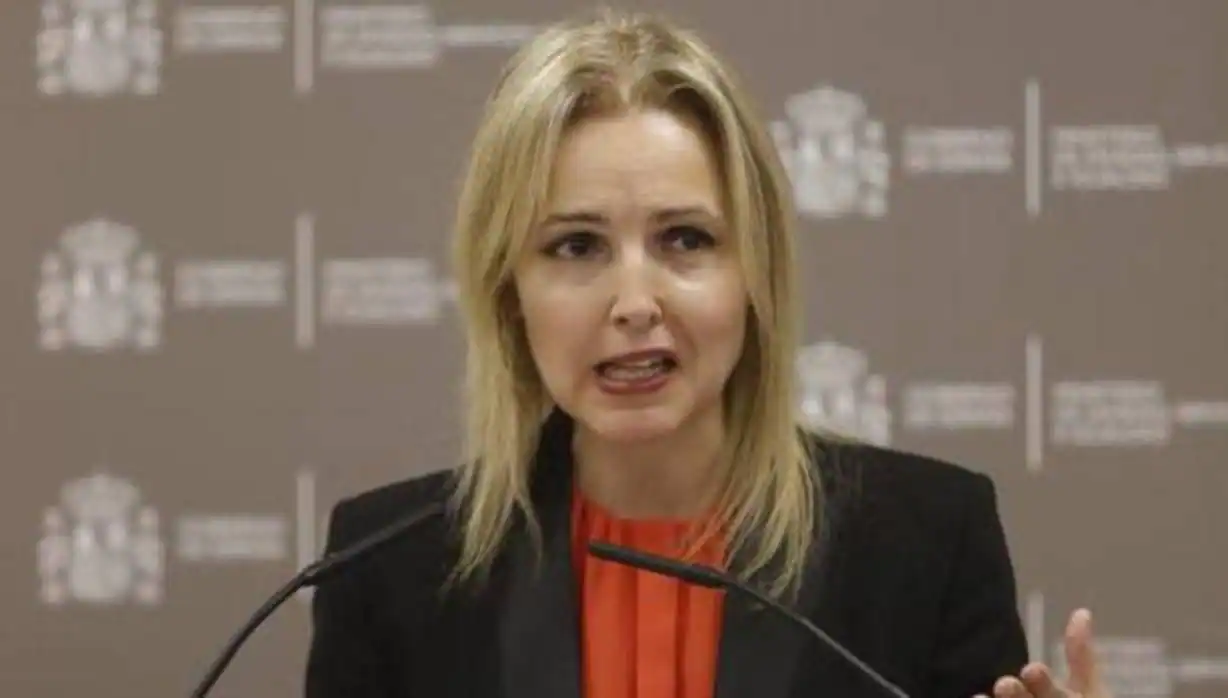Economists aren't the only social scientists who study markets and market-like institutions and organizations, and some of the study of markets by non-economists falls under the loose heading of 'Social studies of markets'.
The Journal Economy and Society has a special issue on Markets for Collective Concerns and their Failures (Volume 48, 2019 - Issue 2).
The articles in the issue focus both on the social study of markets per se, and on critiquing the way such studies are conducted.
The introductory article, "The organization of markets for collective concerns and their failures," by Christian Frankel, José Ossandón & Trine Pallesen, all professors in the Department of Organization at Copenhagen Business School. summarizes the object of study by noting that
"Sociologists of different traditions share the view that part of their task is to provide definitions of markets." (emphasis added).
The concluding article, "On going the market one better: economic market design and the contradictions of building markets for public purposes," by Edward Nik-Khah and Philip Mirowski, criticizes social scientists for not taking sufficient account of market design, and criticizes market design for transforming markets from general purpose natural institutions into specialized human artifacts.
I find the level of abstraction in some of this work hard to follow. I guess I take it for granted that different markets are different, and that markets and marketplaces are (and always have been) human artifacts. (I agree though that sometimes other, more abstract simple views have held sway even among economists, and so I also agree that market design can take a bow for at least helping to add some nuance to the view that markets are simply emergent phenomena that arise without human intervention...)
But academic ideas influence popular ideas, and abstract ideas about markets have consequences. To paraphrase Keynes, I think it is sometimes the case that 'Practical men who believe themselves to be quite exempt from any intellectual influence,' are sometimes influenced by ideas about "markets" in the abstract. So I'll probably continue to try to follow this kind of work, although I'm often disappointed that it doesn't help me to better understand markets and marketplaces and their roles in society.
Here's the table of contents of the special issue.
The Journal Economy and Society has a special issue on Markets for Collective Concerns and their Failures (Volume 48, 2019 - Issue 2).
The articles in the issue focus both on the social study of markets per se, and on critiquing the way such studies are conducted.
The introductory article, "The organization of markets for collective concerns and their failures," by Christian Frankel, José Ossandón & Trine Pallesen, all professors in the Department of Organization at Copenhagen Business School. summarizes the object of study by noting that
"Sociologists of different traditions share the view that part of their task is to provide definitions of markets." (emphasis added).
The concluding article, "On going the market one better: economic market design and the contradictions of building markets for public purposes," by Edward Nik-Khah and Philip Mirowski, criticizes social scientists for not taking sufficient account of market design, and criticizes market design for transforming markets from general purpose natural institutions into specialized human artifacts.
I find the level of abstraction in some of this work hard to follow. I guess I take it for granted that different markets are different, and that markets and marketplaces are (and always have been) human artifacts. (I agree though that sometimes other, more abstract simple views have held sway even among economists, and so I also agree that market design can take a bow for at least helping to add some nuance to the view that markets are simply emergent phenomena that arise without human intervention...)
But academic ideas influence popular ideas, and abstract ideas about markets have consequences. To paraphrase Keynes, I think it is sometimes the case that 'Practical men who believe themselves to be quite exempt from any intellectual influence,' are sometimes influenced by ideas about "markets" in the abstract. So I'll probably continue to try to follow this kind of work, although I'm often disappointed that it doesn't help me to better understand markets and marketplaces and their roles in society.
Here's the table of contents of the special issue.
Article
|
Article
|
Article
|
Article
|
Article
|








